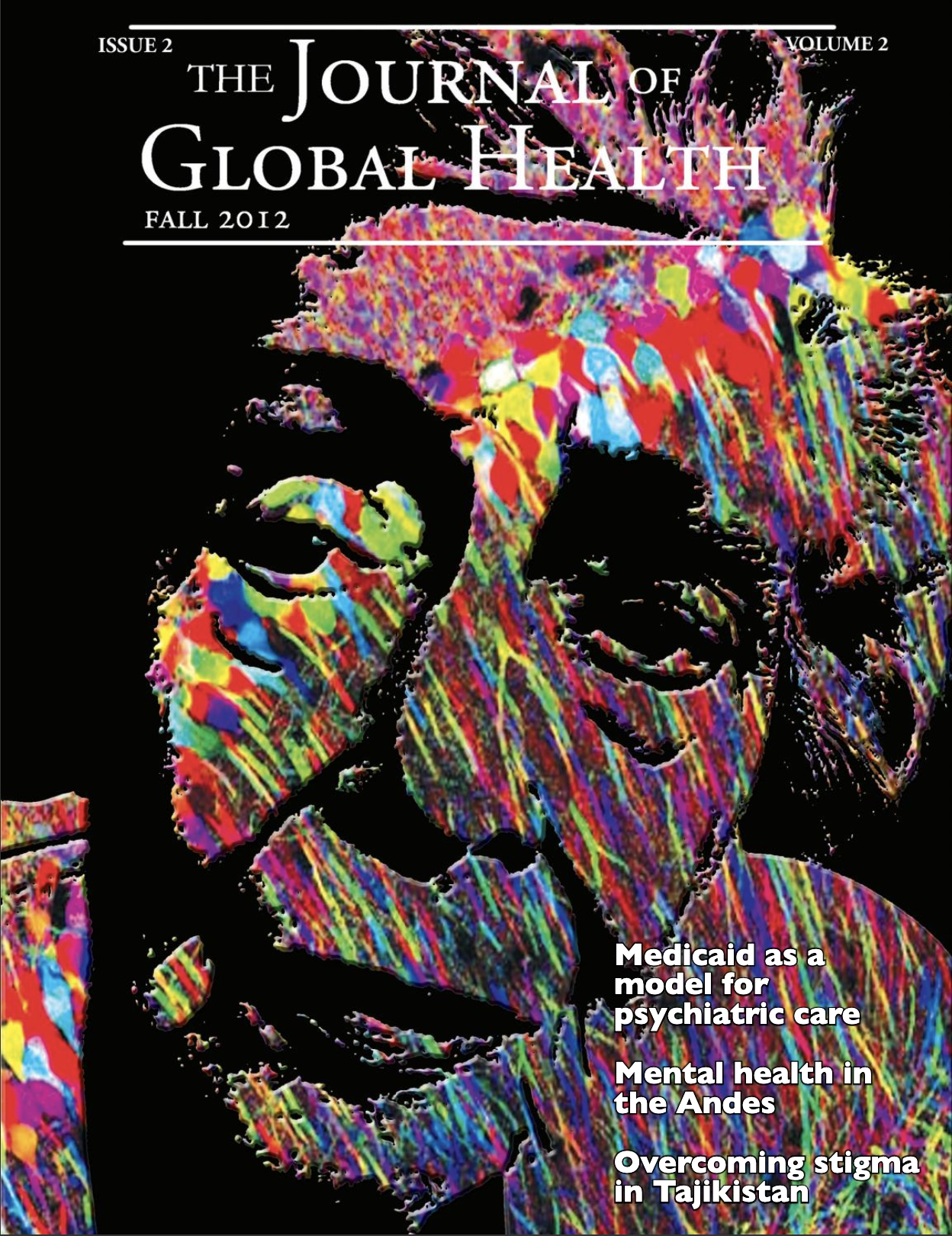Food-Related Advertising Targeting Children A Proposal to Reduce Obesity in Mexico
Main Article Content
Abstract
While technological advances are credited with decreasing Mexico’s rate of under-nutrition, they have contributed to a rapid increase in childhood obesity nationwide. About one quarter of Mexican youth are overweight or obese, leading to serious medical conditions in adulthood, including Type 2 diabetes, cancer and cardiovascular disease. The aim of this paper is three-fold: (1) identify the dietary habits of Mexican children, (2) assess the role of marketing in Mexico’s childhood obesity epidemic and (3) illustrate a proposal for eliminating irresponsible food marketing to young people in Mexico. Studies reveal that Mexican children are eating excessive quantities of energy-dense snack foods and sodas, while fruit and vegetable intake is low. Higher levels of overall food intake have been linked to greater television screen time, suggesting the influence of marketing on the childhood obesity epidemic. Mexican children are more exposed than adults to food advertisements, particularly for energy-dense foods. Children’s exposure to food marketing has also been found to affect their food preferences and thus their parents’ food purchasing behaviors. This indicates the need for restrictions on food advertising to children in Mexico. Examples from other countries suggest that self-regulatory initiatives within the food industry are insufficient to adequately address the issue. Thus, strict government policies are proposed, outlining nutritional standards on all food items advertised to children in Mexico.

